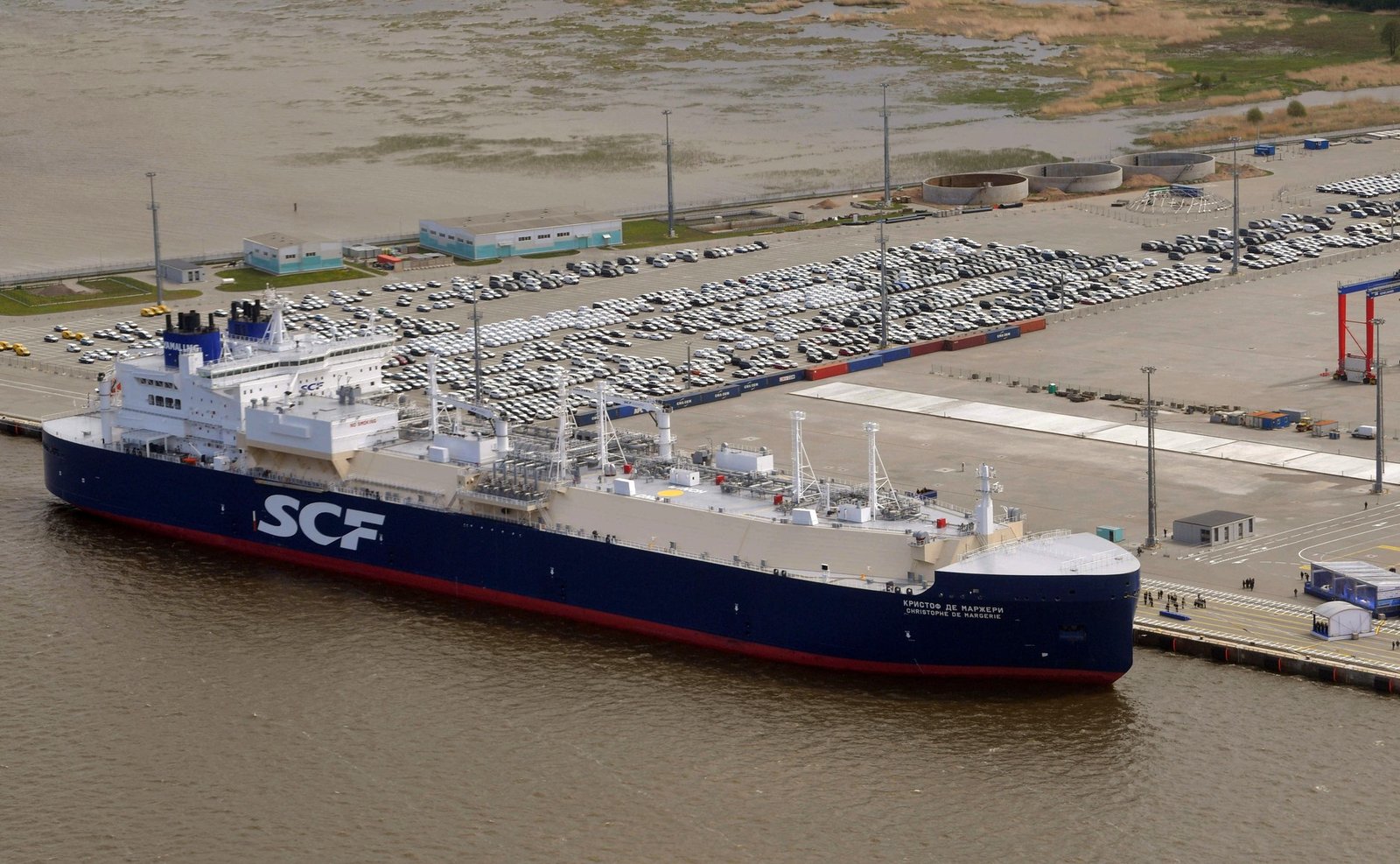HIGHLIGHTS
- A Russian-operated oil tanker was refused by the UK to dock more than a week ago and has yet to find a port of discharge.
- Sovcomflot – an operator of the Russian tanker fleet with 9 Aframax medium-sized ships could not operate for more than a week.
- After Russia entered Ukraine, several countries banned Russian ships from their ports and waters.
FULL ARTICLE
Russian oil tankers must constantly change their route
According to MarineLink, a Russian-operated oil tanker was refused by the UK to dock more than a week ago and has yet to find a port of discharge. Many other ships are also in a similar situation when buyers refuse to trade deals with Russian crude oil amid the escalating military conflict between the country and Ukraine.

On March 1, the UK banned all Russian-owned, operated, controlled, and registered ships. However, shortly after, Britain announced Russia could still bring oil and gas to the country because the ban only targeted ships, not cargo. The country refused to unload a Russian liquefied natural gas (LNG) tanker last week, forcing it to discharge in France.
In particular, according to Bloomberg, Sovcomflot – an operator of the Russian tanker fleet with 9 Aframax medium-sized ships could not operate for more than a week, although the usual idle time of such a ship is only 1 to 2 days.
Actions from stakeholders
Last week, US President Joe Biden imposed a ban on Russian oil and energy imports, and after, Britain announced it would phase out imports of Russian oil and oil products by the end of 2022.
Meanwhile, the European Union has yet to decide on a similar ban. The European Commission, the EU executive body, only said it would continue to introduce stronger sanctions in the future. Despite these orders, European Union countries are still divided over whether to ban the transportation of energy goods involving Russia.

After Russia entered Ukraine, several countries banned Russian ships from their ports and waters. On March 1, Canada banned Russian ships and fishing vessels from entering ports and inland waters. On the same day, Britain banned any ships “owned or operated by anyone with Russian links” and said authorities would also be empowered to detain Russian ships.
However, according to Reuters, France and Belgium still received and unloaded two Russian gas tankers on March 5. Meanwhile, Denmark pushed the EU to make a joint decision to remove Russian ships from ports in the bloc.
Every year, numerous ships carrying all kinds of goods from Russia dock at British ports. However, Nick Austin, a shipping partner at law firm Reed Smith, said: “Those ships and cargo will now have to go elsewhere, or most likely never leave Russia.”
Phuong Anh
Uniqlo suspends business in Russia in an attempt to undermine the Russia-Ukraine war













